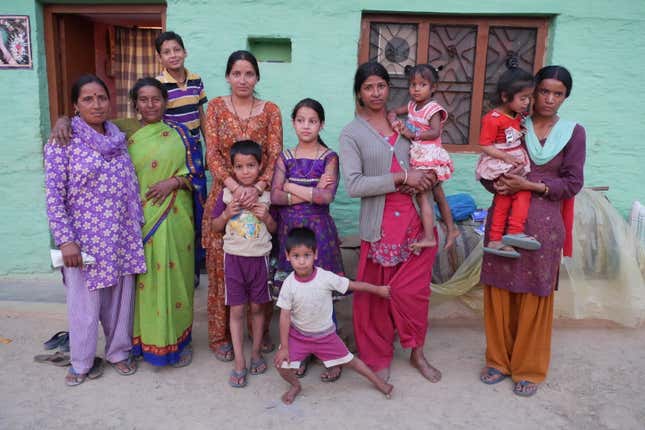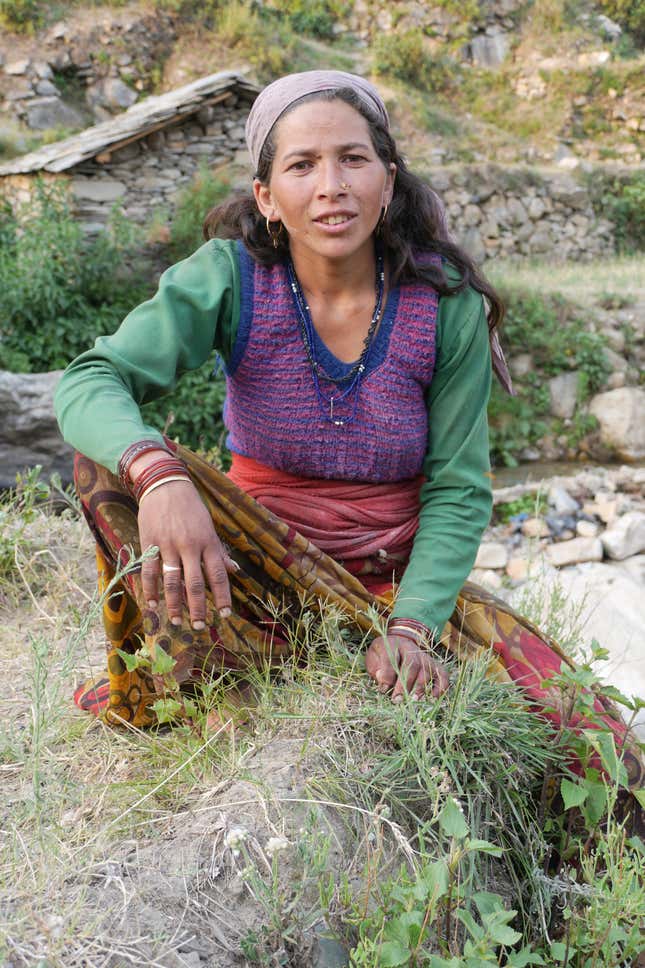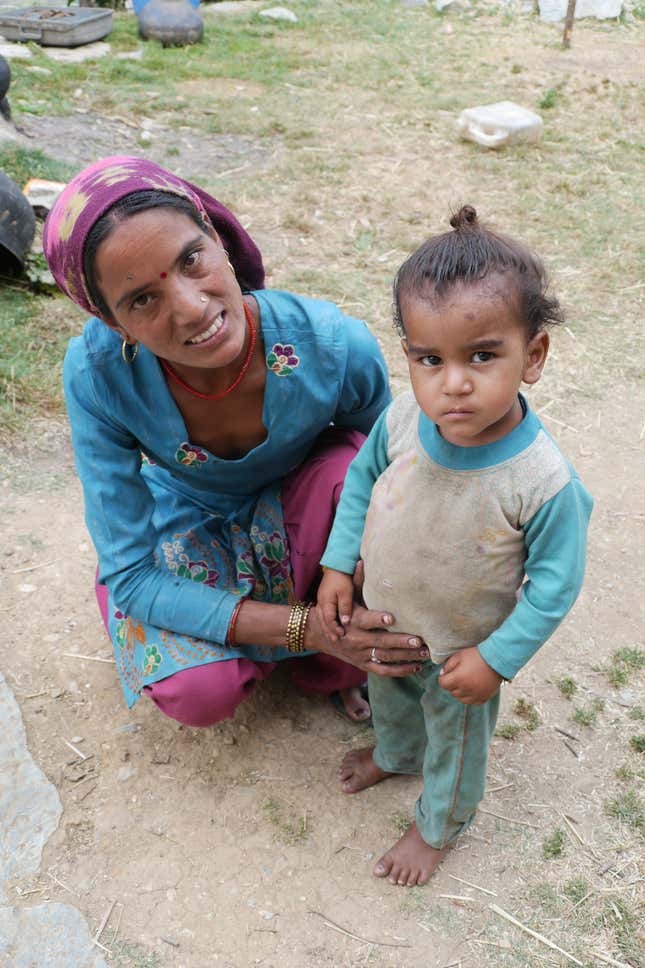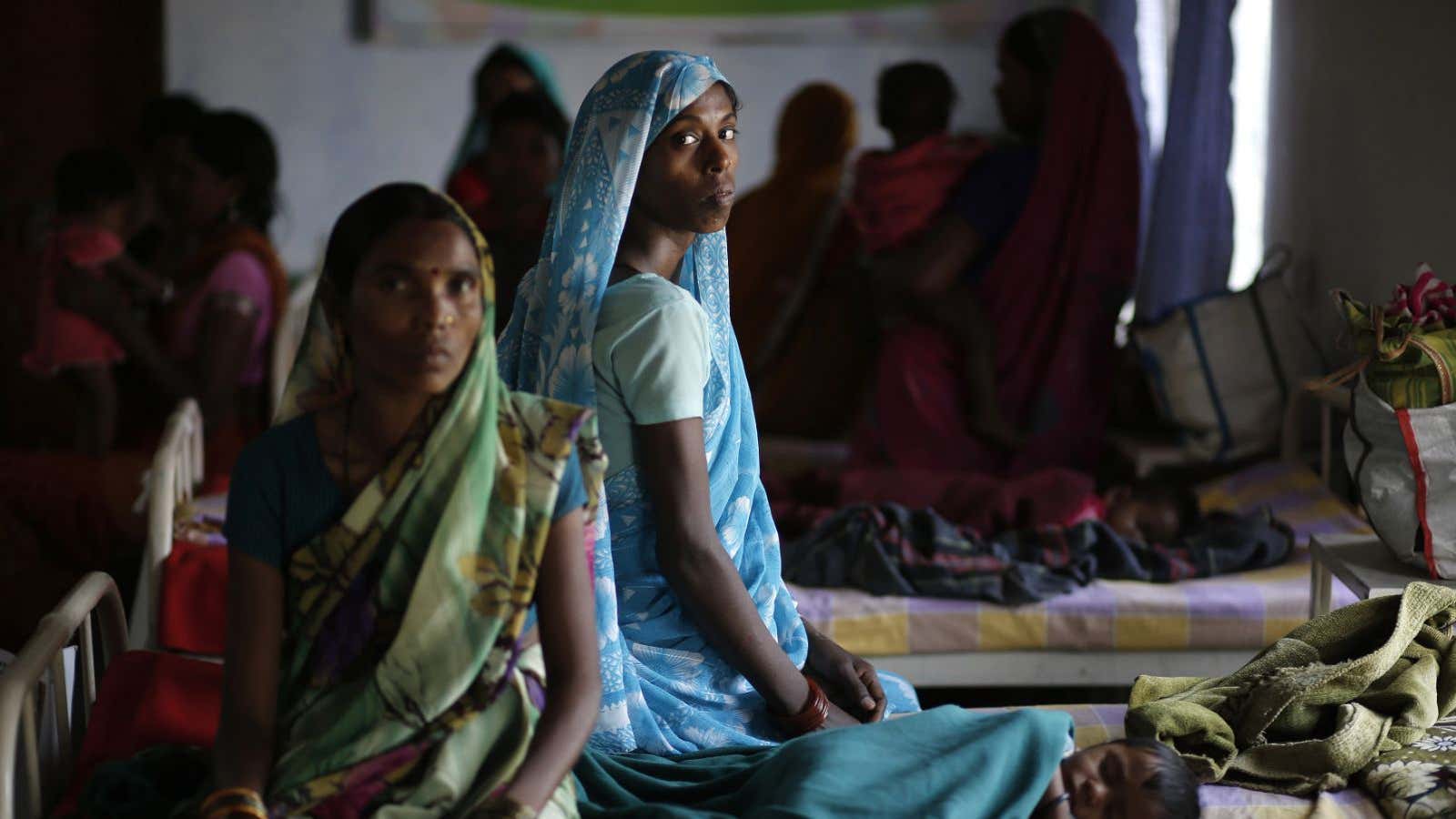Last week the world’s attention was brought to women’s reproductive rights in India. Specifically, women’s rights in the contentious issue of female sterilization, India’s most common method of family planning, as 13 women were declared dead from rat poison-laced drugs given during a large-scale sterilization camp in Chhattisgarh.
Last summer we had the opportunity to examine this issue up close. In the course of filming a documentary on the topic of sterilization, we spoke to over 50 women in the state of Uttarakhand about the choices they made and why. Many, we found, preferred sterilization to other methods of contraceptives; they thought it was more reliable, less likely to cause infection, a common belief among women about copper Ts in this region.
The recent media attention given to this topic brings to light the suffering of many, and will hopefully provoke the reforms necessary to creating safer medical facilities for all Indians. But the policy is complicated and its effects varied. In any issue involving human rights issues, it is important to hear from the women most affected. Their voice has thus far been left out of the global debate.
Meet some of those voices.
Archana, 26,
Sediakhaal, Pauri District
I was 19 when I got married and I have 3 kids. I don’t have much income, that’s why I got sterilized. When our income is limited what’s the use of having so many kids? ASHAs [Accredited Social Health Activist] came to visit me and told me about sterilization. When I got sterilized I went with my sister-in-law to the hospital and was given Rs600 in compensation. My husband and my mother-in-law were supportive. It took me about a month to recover fully. After a week I had to cook for my kids and take care of the house. I would have liked an entire month to recover, but we didn’t have anyone else to do the work. I chose this method because I had so many kids, and I didn’t know of other methods of contraception at that time. Now I’ve learned about more temporary methods. Copper T is not available here, you have to go to the cities, but you can get pills and condoms here.
Bimla, 40,
Sediakhaal, Pauri District

I was married when I was 18. I studied to the tenth class. My husband was in the army and he used to come home every year. At that time I didn’t know about condoms, about any way to prevent pregnancy. I would realize that I was pregnant after he was gone. After I had my fourth child at the age of 26, I learned more about contraception, and I wanted to prevent myself from getting pregnant again. I didn’t want to rely on temporary methods.
I went to the hospital on my own three days after my youngest son was born. I didn’t tell anyone where I went. I walked home 8km after the surgery and milked my cows. So when I got back my mother-in-law asked where I went all alone and I said went to the fields. Sterilization wasn’t acceptable in my family. After three or four days I started having stomach aches so I had to tell them. My mother-in-law told me to get it undone but I told her I wouldn’t. Normally after a child is born the husband and wife stay separated for 11 days, and during this time my mother-in-law didn’t give me food. She wanted me to have another son because I only had one and they wanted two. I wrote a letter to my husband and told him they were not giving me food so he sent me Rs5,000 and told his mother to give me food. He was supportive.
Roopa,
26,
Deen Gaon, Tehri District
I have six girls. I won’t get tired of having children until I have a boy. I need a boy because of society’s pressure. People make comments about me. What else can I do? It’s difficult but there is no other way. We are daily wages workers, we survive on these woods. We face many problems but we have to face them.
Ratna, ASHA worker,
31,
Deen Gaon, Tehri District

I tell women when sterilization camps are happening, but I also tell women about oral pills and other contraceptives. Mostly it’s the younger women who take the pills – they trust them. But the older women don’t like to rely on pills, so they don’t listen to me.
I tell women they should not have more than two kids. Sterilization camps generally happen every winter around January or February. Something could happen to the stitches in the summer so we prefer to do them in the winter.
About seven or eight villages share one Auxiliary Nurse Midwife. We spread the information to the women; we go house to house and tell the women that the sterilization camps are happening. I try to convince people to come; I tell them that I also got sterilized. I get Rs150 for every woman I convince and the woman herself gets Rs600. We don’t have to reach any quotas though, any number of women will do.
I tell them about other methods too but women in this area don’t like copper T, because it causes pain during the heavy lifting we have to do. The government provides me pills to distribute but most women don’t like them. We also tell them about injections but women don’t really use anything to ensure there is a space between their children.
Sarita,
32,
Deen Gaon, Tehri District

Six months after giving birth to my youngest I got sterilized. I was 30 years old. When I reached the hospital, I was scared. Four injections were given to me. I got my 4th injection in my navel, and generally that medicine makes people numb. But in my case, I didn’t feel any numbness. I screamed and screamed a lot. The doctor’s name was Upadhya, and I held the doctor’s hand tightly. The doctor told me to let go of his hand. There was an ASHA who gave me painkillers. I suffered from extreme pain for four or five days.
Sidhi Devi, 40,
Kanda, Pauri District
I’m 40 years old, my husband owns a clothing shop. We older people, we don’t really know about any contraceptive methods. This generation knows all kinds of methods but not back in our day. I have grandchildren now so I couldn’t even think of having more kids. A female health worker came by and told me about sterilization. Before that I didn’t know anything about it. My husband offered to get the operation but we Indian women believe in sacrifice. We are really devoted to our husbands. I didn’t want my husband to have any operation because it would have taken a toll on his health and made him weak. I wanted the difficulties and the problems for myself. I wanted my husband to be safe.
Mila, 60, Kanda, Pauri District
I got sterilized right after giving birth to my younger child – the same day. I received a watch from the hospital for getting the surgery. That was about 30 years ago but I still occasionally get back aches from the operation.
